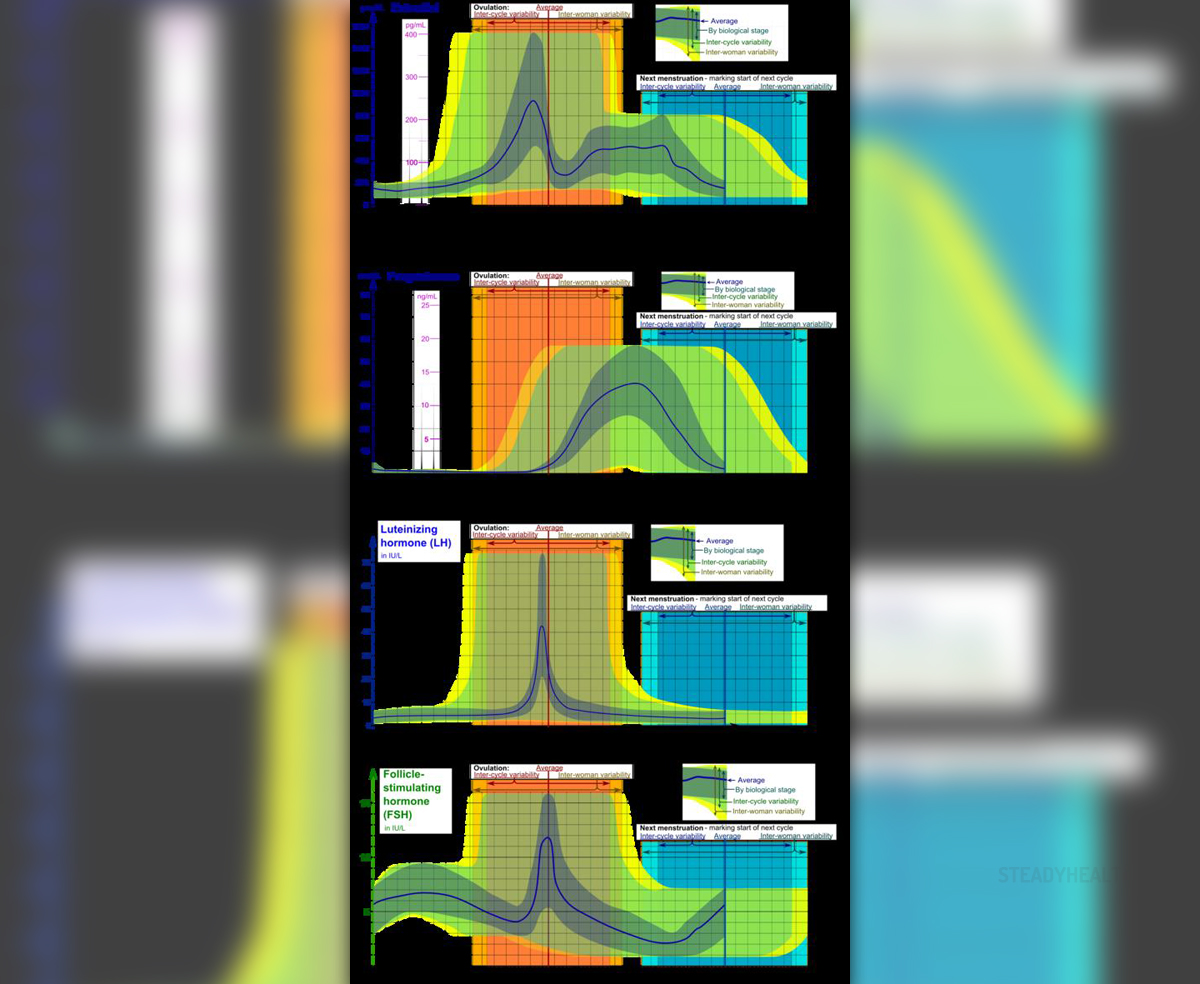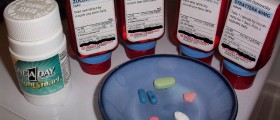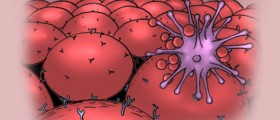
Prostate cancer needs testosterone to grow. Therefore, the treatment for this medical condition usually includes some androgen deprivation therapy, which stops production of testosterone. Without testosterone, cancer cells grow more slowly or die.
Hormone therapy (also called androgen deprivation therapy) is used in early stages of prostate cancer to shrink tumors before the treatments with radiation and surgery. It is also used in advanced prostate cancer cases to slow the growth of the tumors and shrink them. Additionally, some patients may be recommended to use hormone therapy after the surgery or radiation treatment, as adjuvant therapy, because it is known to slow the growth of cancer cells that may have been left behind the previous treatments.Hormone Medications for Prostate Cancer
Treatment for prostate cancer may include two different types of drugs, such as medications designed to stop production of testosterone in the body and medication which block testosterone to reach cancer cells (anti-androgens). Surgical removal of the testicles (orchiectomy) is another option available for prostate cancer patients, but the procedure is permanent and irreversible.
Luteinizing hormone releasing hormone (LHRH) agonists are common treatment for prostate cancer and these drugs work by stopping production of testosterone in testicles. There are injections and implants of LHRH agonists available on the market and they can be used once per month or even once per year, depending on the every specific patient’s needs. The most commonly prescribed are: Degarelix (Firmagon), Goserelin (Zoladex), Histrelin (Vantas), Leuprolide (Lupron, Eligard) and Triptorelin (Trelstar).
Anti-androgens are often combined with LHRH agonists or given before LHRH agonist treatment, in order to decrease the problems which may arise because of the hormone flare caused by LHRH agonists. In most cases, these drugs are recommended to be used until the cancer gets under control and responda to the treatment. These drugs come as tablets and your doctor may prescribe Bicalutamide (Casodex), Flutamide or Nilutamide (Nilandron).Potential Risks of Hormone Therapy for Prostate Cancer
Androgen deprivation therapy has certain side effects, which may involve nausea, weight gain, breast growth, hot flashes and loss of muscle and bone mass. Men using hormone therapy to stop testosterone production may also experience fatigue, loss of sex drive, erectile dysfunction, some mood swings and memory difficulties as well as liver problems.
Patients who have used hormone therapy for a long period of time may be exposed to greater risk of heart disease, heart attack or some other cardiovascular problems.

















Your thoughts on this
Loading...